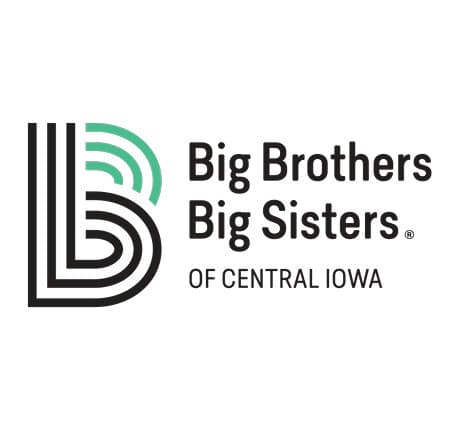Is Berkshire Hathaway ‘systemically important’?

BPC Staff Jan 23, 2014 | 10:14 pm
2 min read time
369 wordsAll Latest News, Government Policy and Law
A decision by the U.S. Financial Stability Oversight Council (FSOC) could be months away, the sources told Bloomberg. The fact that the council is considering the issue doesn’t mean the panel is inclined to make that designation, said the two people. who requested anonymity from Bloomberg because the work isn’t public.
Berkshire Hathaway, whose subsidiary companies range from MidAmerican Energy Holdings Co. to International Dairy Queen Inc., operates the world’s fourth-largest reinsurance business. It’s also the largest stockholder in Wells Fargo & Co., the biggest U.S. home lender; and American Express Co., the No. 1 credit card issuer by purchases. Buffett in 2011 injected $5 billion into Bank of America Corp., the second-biggest U.S. lender, after its stock slumped.
The FSOC, led by Treasury Secretary Jacob Lew, is evaluating which non-bank financial companies could threaten financial stability if they were to fail. The Fed can then impose stricter capital, leverage and liquidity requirements and demand stress testing for crisis scenarios.
Since its first meeting in October 2010, the council has designated three systemically important non-bank financial firms: American International Group Inc. , Prudential Financial Inc. and General Electric Co.’s finance unit. MetLife Inc., the largest U.S. life insurer, is in the final stage of review.
Under the Dodd-Frank Wall Street Reform and Consumer Protection Act enacted in 2010, non-bank financial companies that have $50 billion or more in assets and meet any one of five other criteria, including having $30 billion in credit-default swaps linked to their debt, can be evaluated.
Berkshire had $458.1 billion of assets as of Sept. 30, the company said in a filing with the Securities and Exchange Commission. It had $31.4 billion in credit-default swaps linked to its debt as of Jan. 17, according to data from the Depository Trust & Clearing Corp. Berkshire also had $5.8 billion in derivative liabilities as of Sept. 30, more than the $3.5 billion trigger set by the FSOC.








